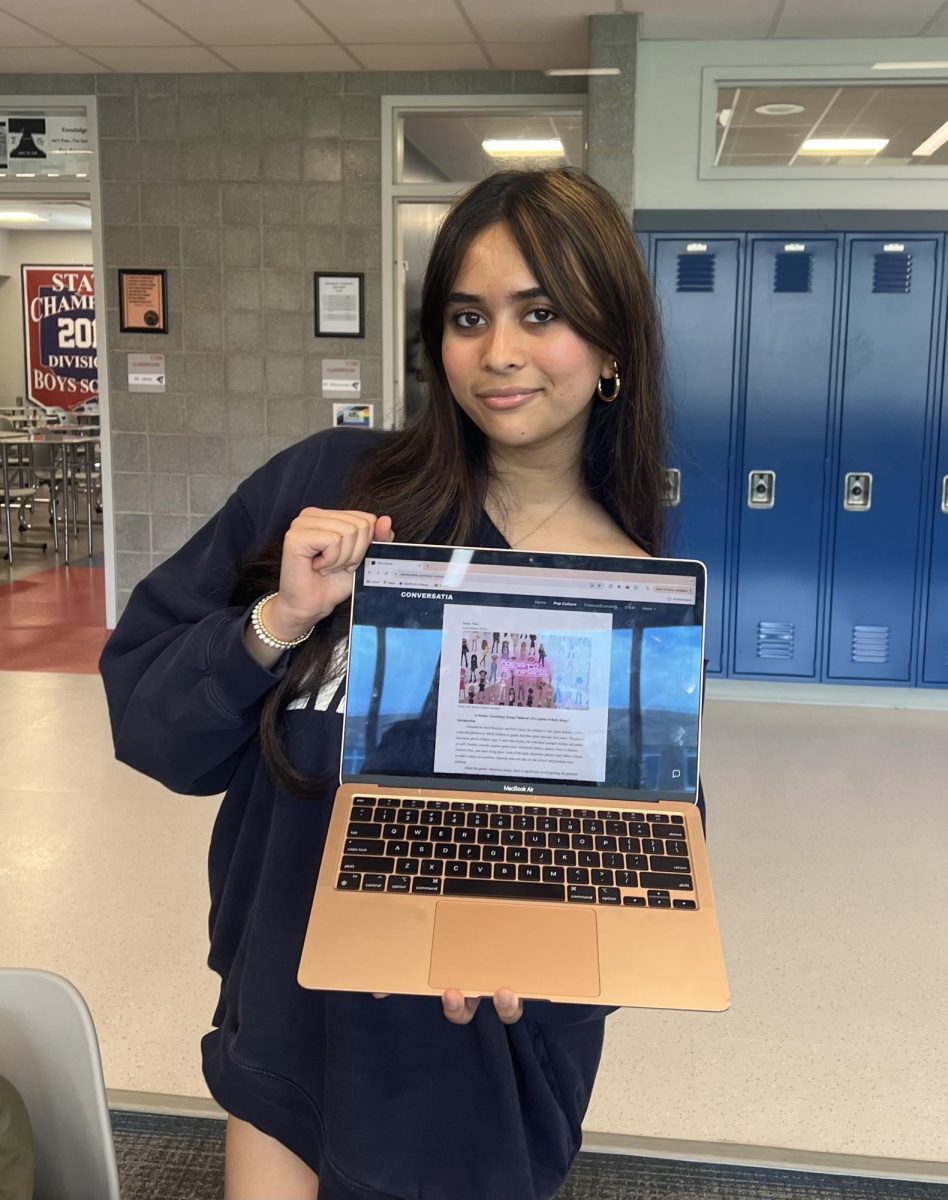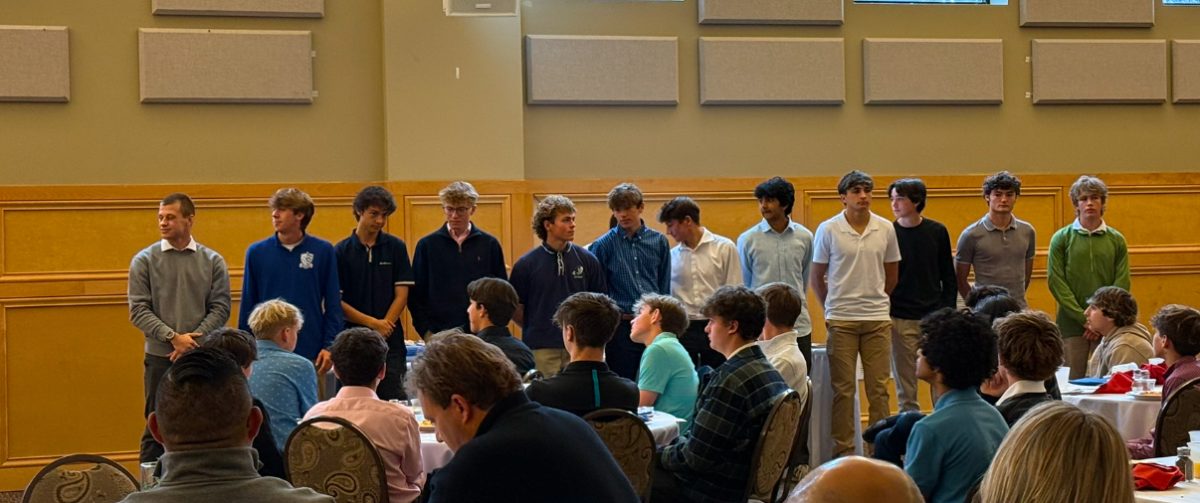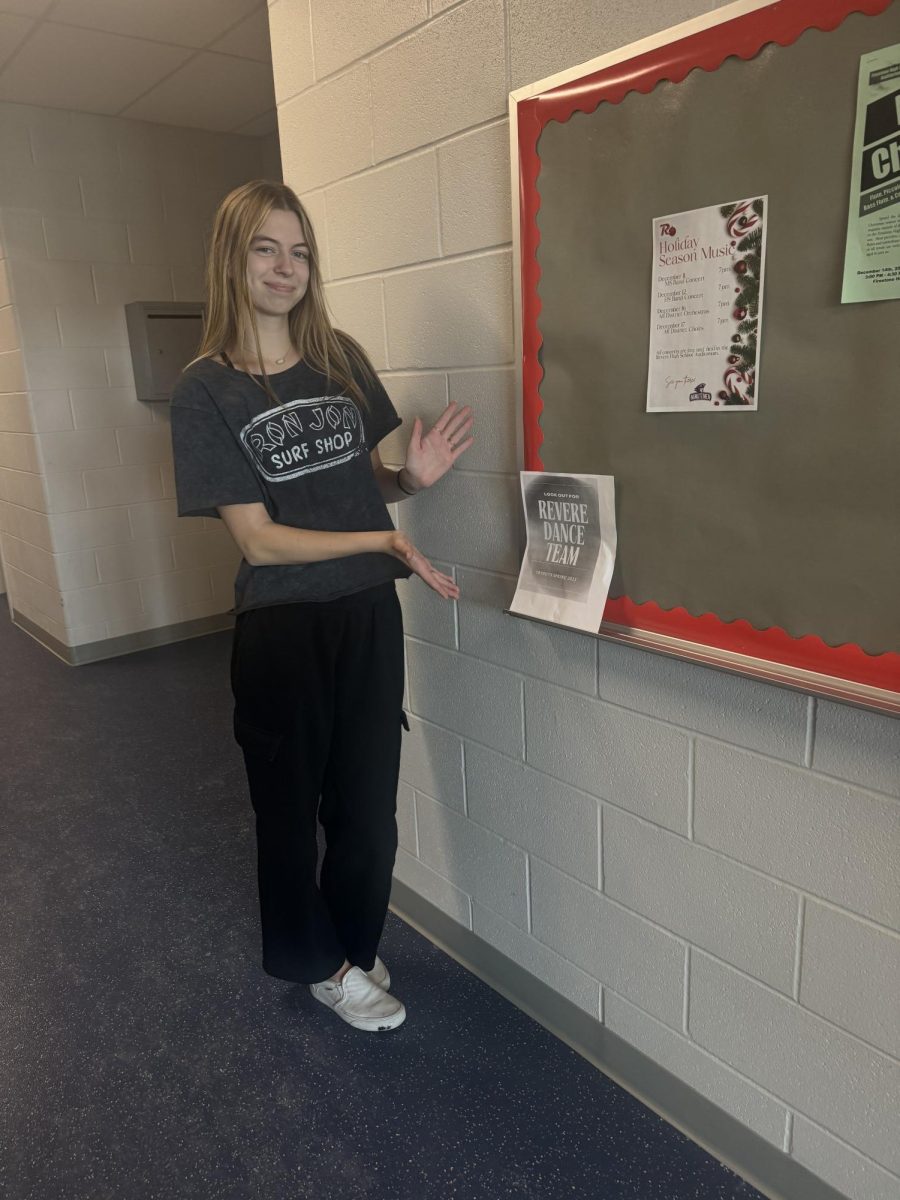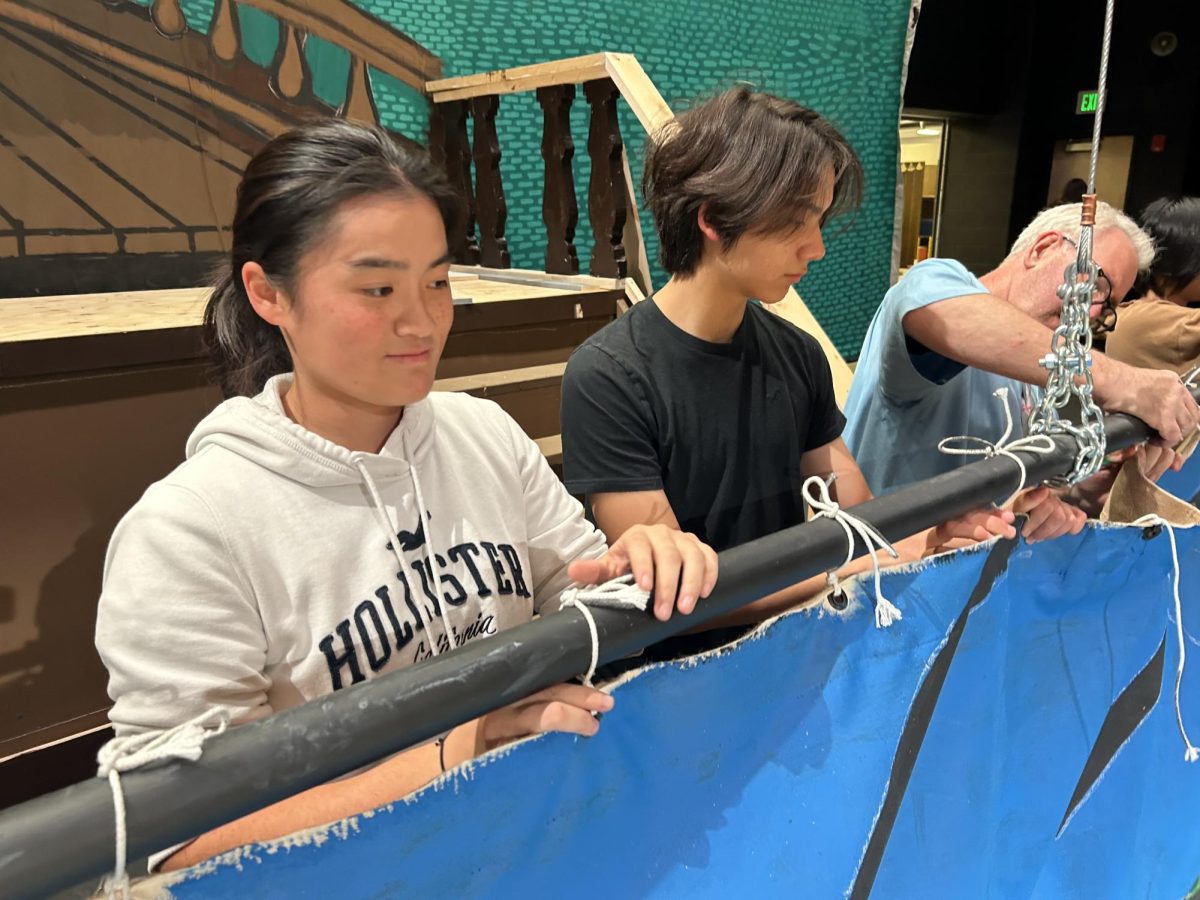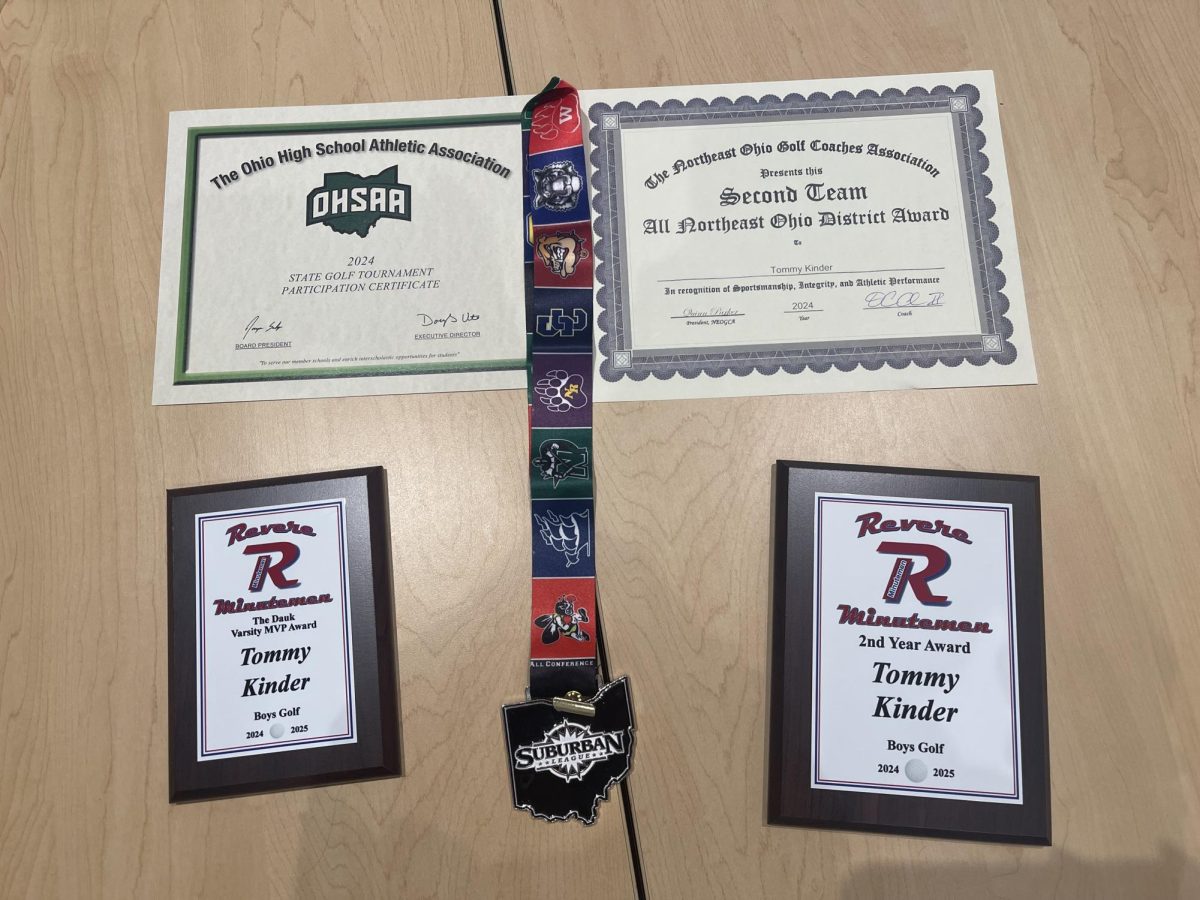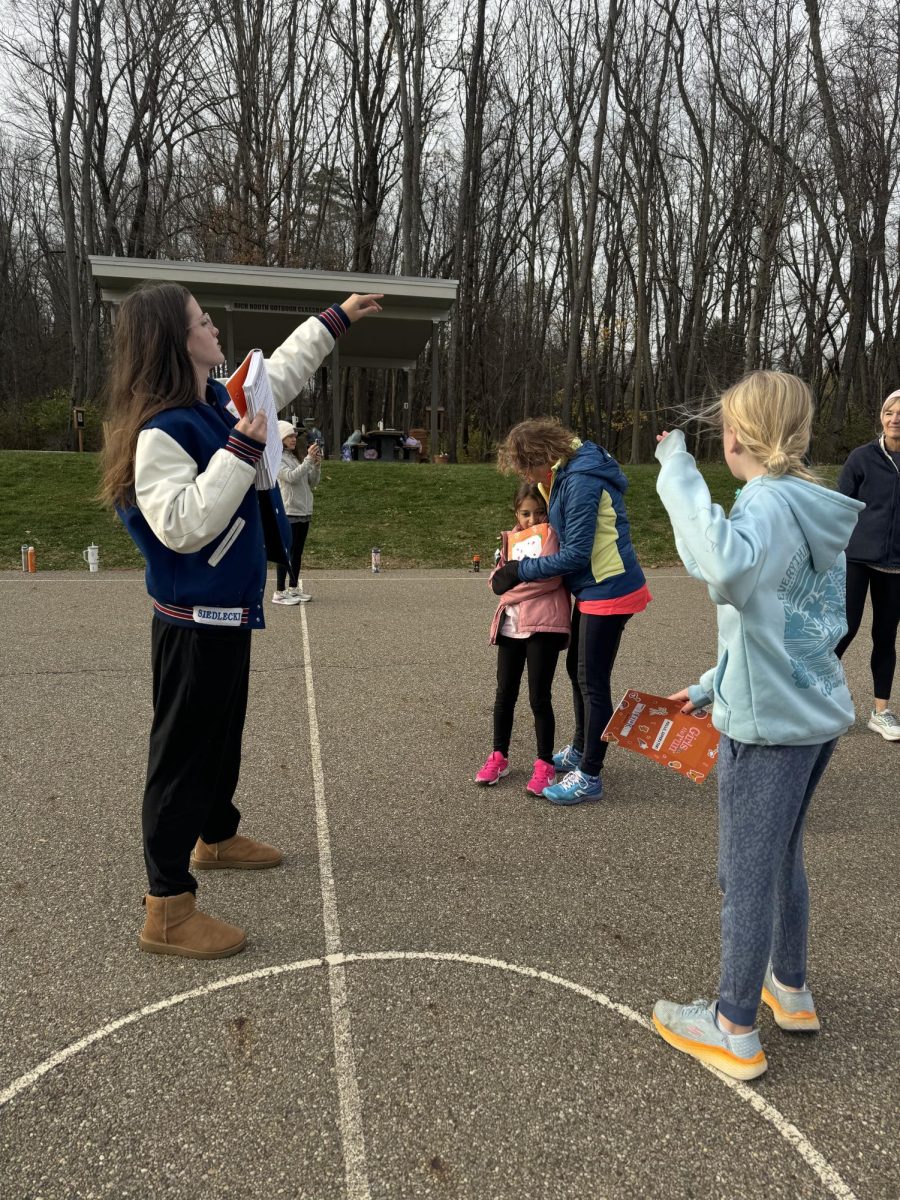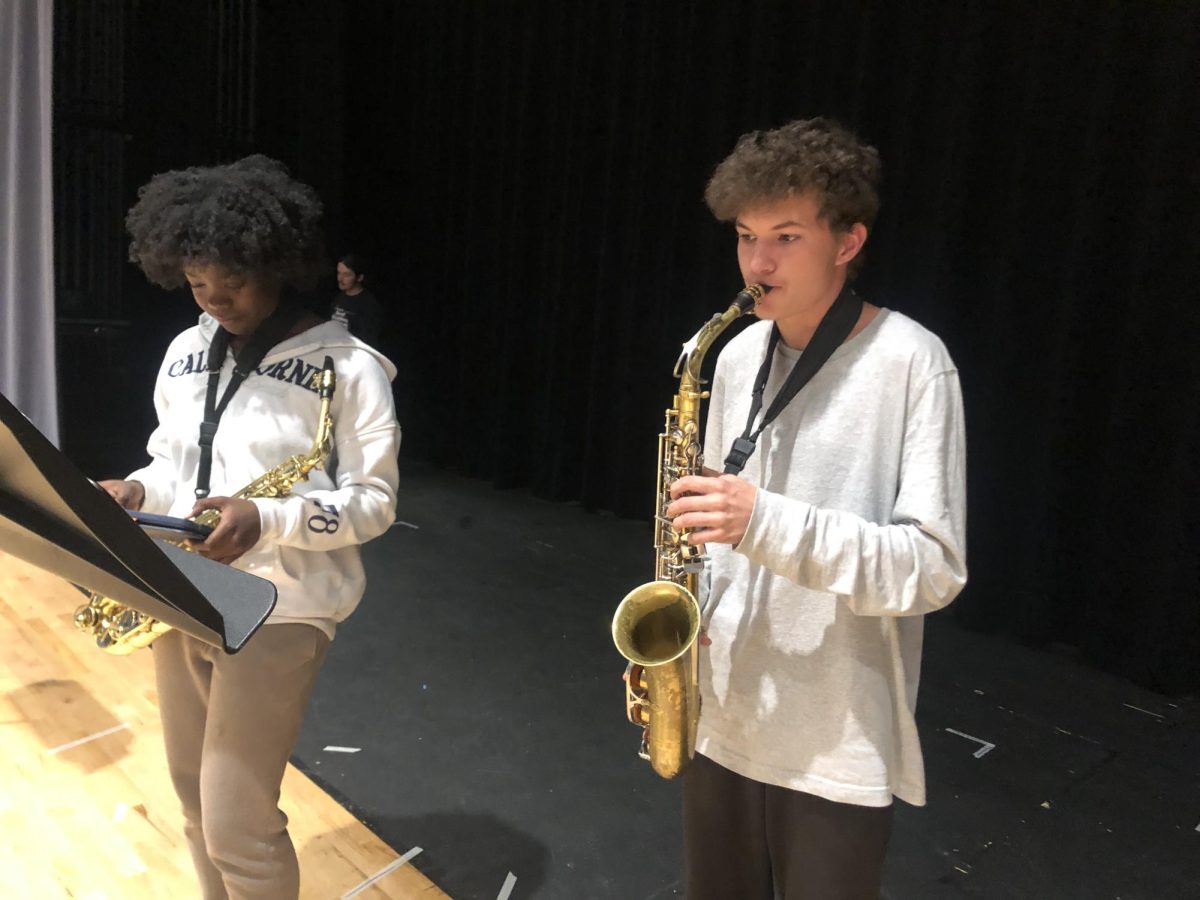With the ongoing complexities of life, especially for determined and sometimes overachieving high school students, it can be challenging to find an audience for one’s voice. Every individual comes with biases, opinions, prejudices, backgrounds; each one being an amalgam of information and experiences that have led them to where they are today. But just because one is wise does not mean that those around them will recognize that. Hence journalism, hence the media.
Media outlets all around the world give people the opportunity to let themselves be heard. Some go their whole lives without being truly honest, without being truly opinionated and fearless of being so. Others, on the other hand, take their opinions and broadcast them worldwide, as freedom of speech is indeed one of the main pillars of this country.
Neha Yadavalli, a senior at Revere high school, started a news outlet named Conversatia during her freshman year. What is today a nationwide, if not worldwide, news network, began as a podcast.
“The first thing I ever did is I made my own podcast . . . I would watch Erin Burnett a lot; she’s an anchor on CNN and she was my favorite because she was on the TV all the time . . . I learned a lot from watching her . . . I kind of fell in love with the aspect of being able to broadcast your opinion or news to so many people,” Yadavalli said.
Yadavalli, per her words, is “known to have some pretty crazy, out-there ideas.” To her, Conversatia is one of them.
“Who starts their own newspaper? And I really didn’t think it would go anywhere, but it did. It started going somewhere . . . I had the podcast the whole time, but I said, ‘Well, I want more,’ and that goes with any idea for me. It can never be one small thing, I always have to blow things up as big as they can possibly be,” Yadavalli said.
Over time, Yadavalli began reaching out to people, or rather, they began to reach out to her, causing the newspaper to snowball and become the platform that it is today.
“I used social media to the best of my ability to put my work out there . . . I had a lot of people reach out to me. And so much so that now we have 80 plus people. And I think that’s great,” Yadavalli said.
Rome was not built in a day, and neither was Conversatia. Like an empire, Conversatia needed many helping, talkative hands. Yadavalli works with two other editors-in-chief, Tanvi Yamanuri and Deeyah Natarajan. Yamanuri has been working on the site alongside Yadavalli right from the start. Though she and Yadavalli are childhood friends, Tanvi did not start at the top of Conversatia, in fact, she worked her way up to her current position.
“I was one of the original members of Conversatia . . . I feel like I put in a lot of effort, and I was really passionate about Conversatia and what it stood for. . . Everyone should hear teens’ voices, especially due to the fact that teens our age, especially if you come from a public school, don’t exactly know how to make an impact,” Yamanuri said.
Yamanuri’s role is composed of many different aspects. She is a writer, editor, does PR and above all, is a mentor for those both planning to join and who have been a part of Conversatia.
“I usually upload most of the articles, and I take care of all the social media . . . In Conversatia, we get anywhere around 5,000 to 10,000 views, which is crazy to even think [about] . . . So in terms of helping the authors, I guide them on how to write articles if they ever need [it],” Yamanuri said.
To be hired as part of the staff of Conversatia, an applicant must go through an interview process. This responsibility also belongs to Yamanuri. These interviews allow her to get to know the applicant and determine if they will or will not be a good fit for the team.
“I really like doing interviews because I like it because I get to know the person beforehand. And a lot of times I ask a certain three questions, and then from there I’ll expand on their interests because not everyone’s the same, and not everyone’s supposed to be the same, you know what I mean? And if I find them really passionate about what they’re doing, I usually always hire them,” Yamanuri said.
Alongside Yadavalli and Yamuniri works Deeyah Natarajan, who also helps in the hiring and writing process. She and Yamanuri work together to ‘hire’ new people for the platform. They have all been working together to provide a future for the sight, with the idea of college in mind.
“[Our] major future plans are creating more scholarships for Conversatia members to apply to,” Natarajan said.
Natarajan actually specializes in creating the scholarship for the site, along with writing articles and being in the position of editor in chief.
Yamanuri’s plans are a little different, however. She hopes to spread the platform to college students, giving the site a broader variety of age and experiences.
“When [I] go into college I want . . . to expand more to college kids, maybe freshmen. As I go into freshman year, maybe [I will] apply it to freshmen . . . Because this is mainly to give kids our age a voice, but I want to expand it like that,” Yamanuri said.
Though the Conversatia’s main media form is articles, Yadavalli mentioned that she doesn’t really enjoy the writing process. She mainly focuses on producing podcasts for the site, but even those require background research, prepping, and much writing.
“I hate writing. Although I write scripts every week for my podcast, I really don’t like writing at all. So I definitely don’t see that as a future goal. I hate writing, but I love expressing my opinion . . . I guess I can’t hate it that much if I keep doing it,” Yadavalli said.
Unlike Yadavalli, Yamanuri has a different approach to writing. She has what she calls a ‘brain dump,’ in which she writes all ideas she has for articles. She begins with a broad topic, which she then narrows down to a singular idea. Eventually, that broad topic will thin out into a well-researched, well-written piece.
“I have a whole doc, and I usually plan out my topics beforehand. [For example,] I know one of them is the Michigan and OSU rivalry. I want to write about that . . . So I start off with a broad thing. I’m like, ‘what am I interested in?’ I know my two interests are psychology and public health. And I’ll also look at some of my other interests. I know someone wrote something about [the game] dress to impress [recently], and I thought that was really nice. So if I wanted to, I’d look at something like that too,” Yamanuri said.
When asked about the future of the platform, Yadavalli mentioned that she doesn’t really have any big plans. Though she doesn’t plan to continue to invest too much time into it, as she never planned for it to be “a long term thing,” rather, it was just “something for [her] youth,” Yadavalli said.
“Well, I don’t have any family members who I think would be a good fit, but I wouldn’t mind passing it on. I mean, I had to pay for the domain every month . . . It’s 20 [dollars] a month, but that adds up over time . . . I wouldn’t mind continuing to pay for it because I do think it is so valuable, and I’ve had people tell me that they really like the idea that they can publish their work,” Yadavalli said.
Conversatia is indeed a valuable resource, as is any news platform, because it gives people a voice. Many people, especially young adults, spend years waiting until their voice is loud, strong, or independent enough to be heard. Conversatia is not only a news outlet, but it allows for creativity to flourish and gives people the opportunity to speak their truth and, in turn, to be heard.

